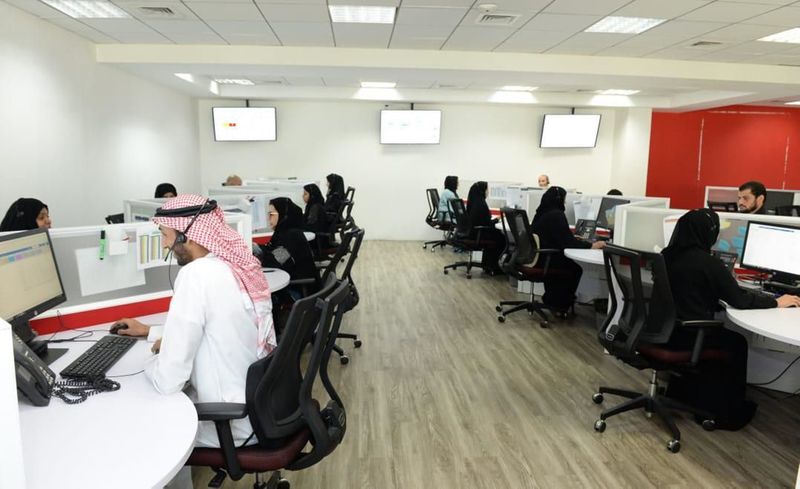It was a landmark day for cricket in the USA as the teams assembled an exciting mix of international stars and emerging talents during the draft for the inaugural Super60 USA Tournament, held on Friday with prominent names like Martin Guptill, Wayne Parnell, Varun Aaron and Lendl Simmons making the headlines.
Teams had already locked in eight players as part of their pre-signings. In the draft, they were allowed to choose between seven to 10 more players.
The LA Strikers had already secured big names like Aaron Finch, Isuru Udana, and Ben Dunk in their pre-signings. During the draft, they further strengthened their lineup by picking Gurkeerat Mann, a dynamic all-rounder known for his decent strike rate and handy off-spin. The franchise also brought in experienced wicketkeeper-batter Naman Ojha and seasoned medium-pacer Parvinder Awana, clearly aiming to build a well-rounded squad with depth in every department.
Morrisville Fighters put together a strong core by signing two of India’s finest bowlers — Harbhajan Singh and Munaf Patel. They further added fire power in the batting department with the signing of Shaun Marsh. The franchise continued to build on that solid base with the additions of powerful all-rounder Colin de Grandhomme, pacer Sheldon Cottrell, and experienced campaigner Faiz Fazal.
Rebel Warriors made a statement during the draft after they signed Martin Guptill and Lendl Simmons one after the other. The two batters are known for their aggressive and will play a massive role in providing a brisk start to the team. They also have Saurabh Tiwary whom they signed during the pre-signings to add more aggression in the batting department while the experience of Mitchell Johnson with the ball will be the key for Rebel’s success.
Chicago Players who already had legends in Suresh Raina and Jacques Kallis in their line up got Wayne Parnell, Varun Aaron and Devendra Bishoo to add more fuel to their bowling unit.
Detroit Falcons went into the draft with a clear game plan — to stack their squad with quality all-rounders. With Shakib Al Hasan already in the lineup, they added Mossaddek Hossain and Ariful Haque, two reliable performers with solid domestic records.
With Parthiv Patel, Chris Lynn, and Ravi Bopara in their batting lineup, the Washington Tigers have plenty of experience and firepower up top. On the bowling side, they’ll be counting on Abhimanyu Mithun, Dan Christian, and Shahbaz Nadeem to do the job with the ball and keep the opposition in check.
LA Strikers:
Pre-Signing- Aaron Finch (Icon), Isuru Udana (Platinum), Ben Dunk (Cat A), Chadwick Walton (Cat B), Ashley Nurse (Cat B), Anureet Singh (Cat C), Chirag Gandhi (Cat D), Jesal Karia (Cat C)
Draft- Gurkeerat Mann (Cat B), Naman Ojha ( Cat B), Jaskaran Malhotra (Cat C), Parvinder Awana (Cat C), Manan Sharma (Cat D), Nisarg Patel (Cat D), Kashyap Prajapati (Cat D)
Morrisville Fighters:
Pre-Signing- Harbhajan Singh (Icon), Shaun Marsh (Platinum), Munaf Patel (Cat A), Angelo Perera (Cat B), Bipul Sharma (Cat B), Chamara Kapugedera (Cat C), Danushka Gunathilaka (Cat C), Kristopher Ramsaran (Cat D)
Draft- Colin de Grandhomme (Cat B), Sheldon Cottrell (Cat B), Jerome Taylor (Cat C), Faiz Fazal (Cat C), Suboth Bhati (Cat D), Rahul Yadav (Cat D), Elmore Hutchinson (Cat D)
Rebel Warriors:
Pre Signing- Thisara Perera (Icon), Mitchell Johnson (Platinum), Saurabh Tiwary (Cat A), Miguel Cummins (Cat B), Kennar Lewis (Cat B) , Samit Patel (Cat C), Oshane Thomas (Cat C), Amila Aponso (Cat D)
Draft- Martin Guptill (Cat B), Lendl Simmons, (Cat B), Chaturanga de Silva (Cat B), Jonathan Carter (Cat C), Jonathan Foo (Cat D), Andre McCarthy (Cat D), Trevon Griffith (Cat D)
The Chicago Players:
Pre-Signing- Suresh Raina (Icon), Jacques Kallis (Platinum), Shehan Jayasuriya (Cat A), Manpreet Gony (Cat B), Kesrick Williams (Cat B), Dilhara Fernando (Cat C), Jon-Russ Jaggesar (Cat C), Navin Stewart (Cat D)
Draft- Wayne Parnell (Cat B), Varun Aaron (Cat B), Devendra Bishoo (Cat C), Siddharth Trivedi (Cat C), William Perkins (Cat D), Pawan Suyal (Cat D), Vikas Tokas (Cat D)
Detroit Falcons:
Pre-Signing- Shakib Al Hasan (ICON), Cameron Delport (Platinum), Rishi Dhawan (Cat A), Nasir Hussain (Cat B), Sharad Lumba (Cat B), Nasir Hussain (Cat B), Malinda Pushpakumara (Cat C), Anthony Bramble (Cat D)
Draft- Mossaddek Hossain (Cat B), Enamul Haque Jr (Cat B), Ariful Haque (Cat C), Kamrul Islam Rabbi (Cat C), Rony Talukdar (Cat D), Al-Amin Hossain (Cat D), Mohammad Nihaduzzaman (Cat D)
Washington Tigers:
Pre-Signing- Parthiv Patel (Platinum), Chris Lynn (Cat A), Ravi Bopara (Cat B), Andrew Tye (Cat B), Rohan Mustafa (Cat C), Abhimanyu Mithun (Cat C), Zahoor Khan (Cat D)
Draft- Dan Christian (Cat B), Shahbaz Nadeem (Cat B), Phil Mustard (Cat B), Jeevan Mendis (Cat C), Sheldon Jackson (Cat D), George Worker (Cat D), Aakarshit Gomel (Cat D)





 Entertainment5 months ago
Entertainment5 months ago
 Entertainment4 months ago
Entertainment4 months ago
 Entertainment4 months ago
Entertainment4 months ago














